On December 17, 1865 — about a week after the ratification of the 13th Amendment, and a week before the founding of the Ku Klux Klan — a formerly enslaved man working on a plantation in Mississippi wrote to his wife in Virginia. His letter is highlighted in our new national report, Erasing the Black Freedom Struggle: How State Standards Fail to Teach the Truth About Reconstruction, as one of many stories from Reconstruction’s Black freedom struggle in Mississippi.
According to Freedmen’s Bureau records, Moses Scott and his wife Lily Ann had been separated and were trying to settle together in a place with means to provide for their family. In this letter, Scott wrote of access to good land and fair labor — critical to true, tangible freedom — and urged his wife to join him in Mississippi. Although personal to his family, Scott’s circumstances and goals reflect those of millions of African Americans navigating the era of emancipation and Reconstruction.
Bureau records do not indicate whether the couple reunited, but they do articulate a vision of autonomy and a better life ahead.
This everyday struggle to claim and redefine freedom was central to Reconstruction but does not appear in state social studies standards.
That is why Jackson social studies teacher Theron Wilkerson offers an elective African American Studies course. He notes it,
offers more leeway to not only teach Reconstruction more thoroughly, but opportunities to explore the continuities and changes sparked by Reconstruction in later periods.
He called this a “rare course offering” in the state, as pressure on testing takes away from fruitful discussions and lessons.
 Our national report is designed as a resource to advocate for more attention to this most critical era in K-12 history classes in Mississippi and across the country. See a shortlist of events in Mississippi Reconstruction history in the report.
Our national report is designed as a resource to advocate for more attention to this most critical era in K-12 history classes in Mississippi and across the country. See a shortlist of events in Mississippi Reconstruction history in the report.
Find more resources below for teaching about Reconstruction in Mississippi.

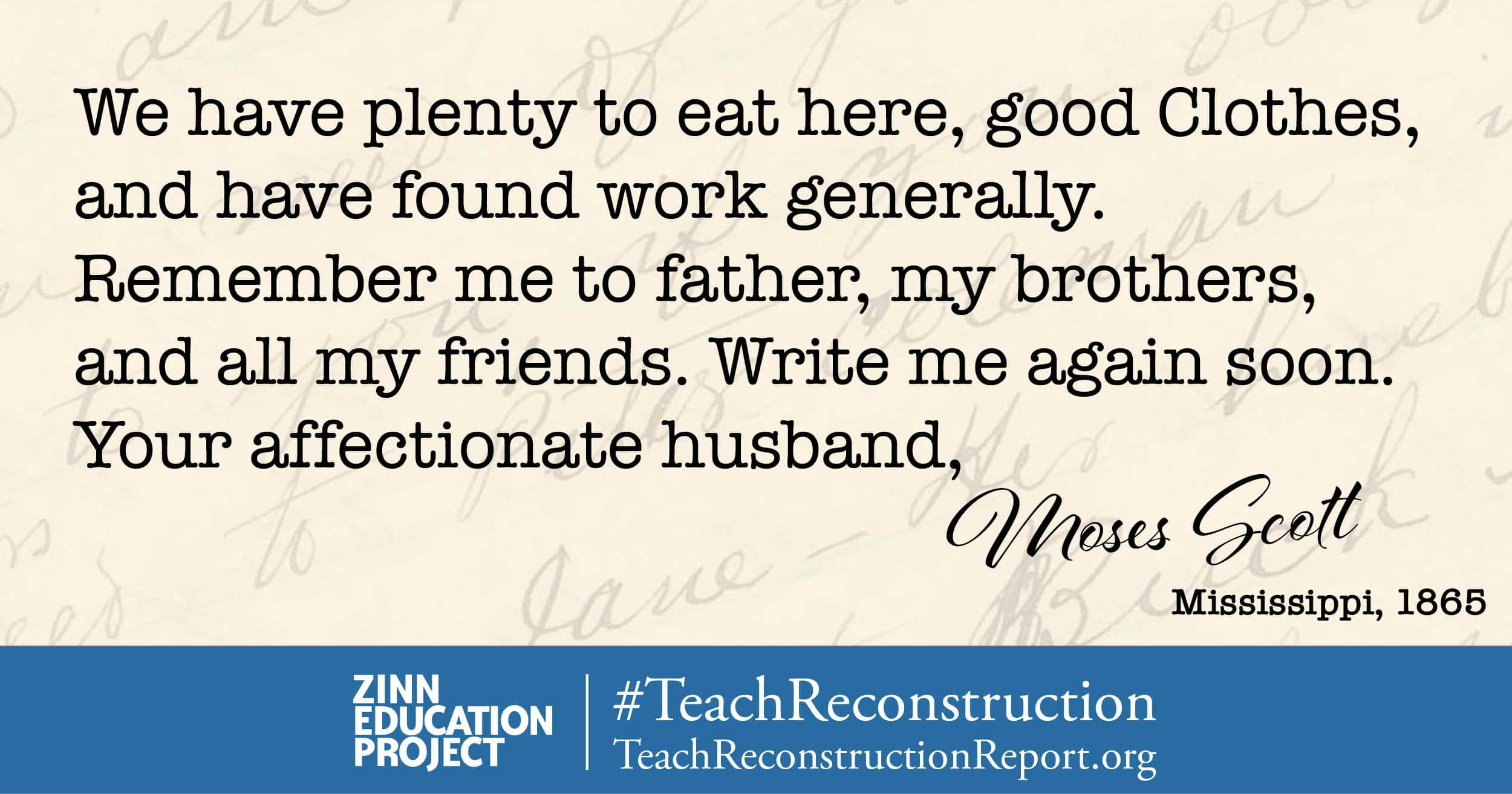
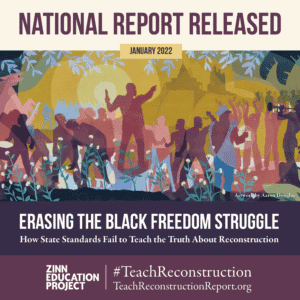
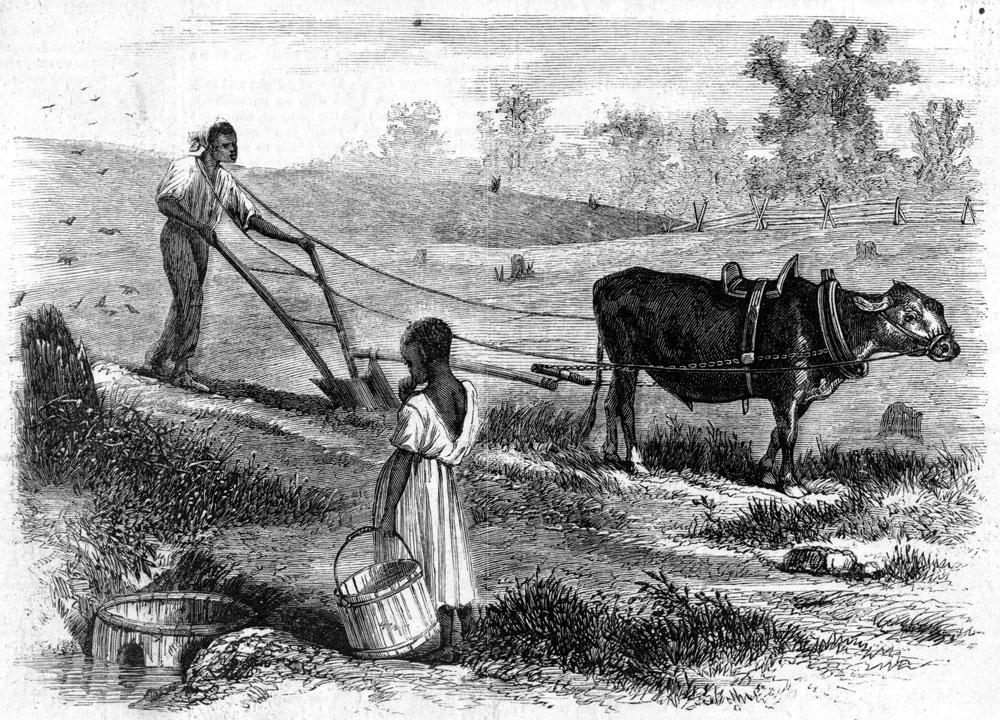
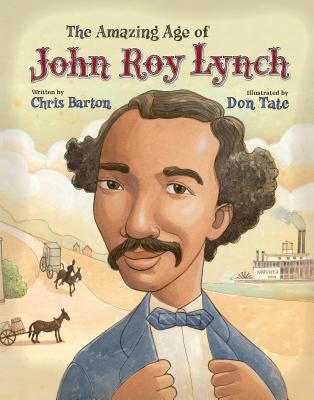

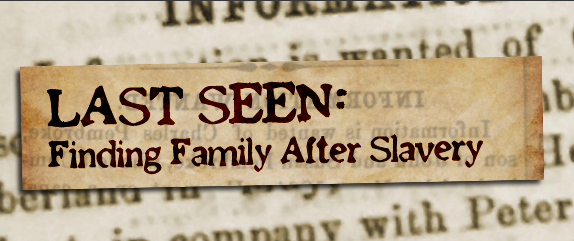
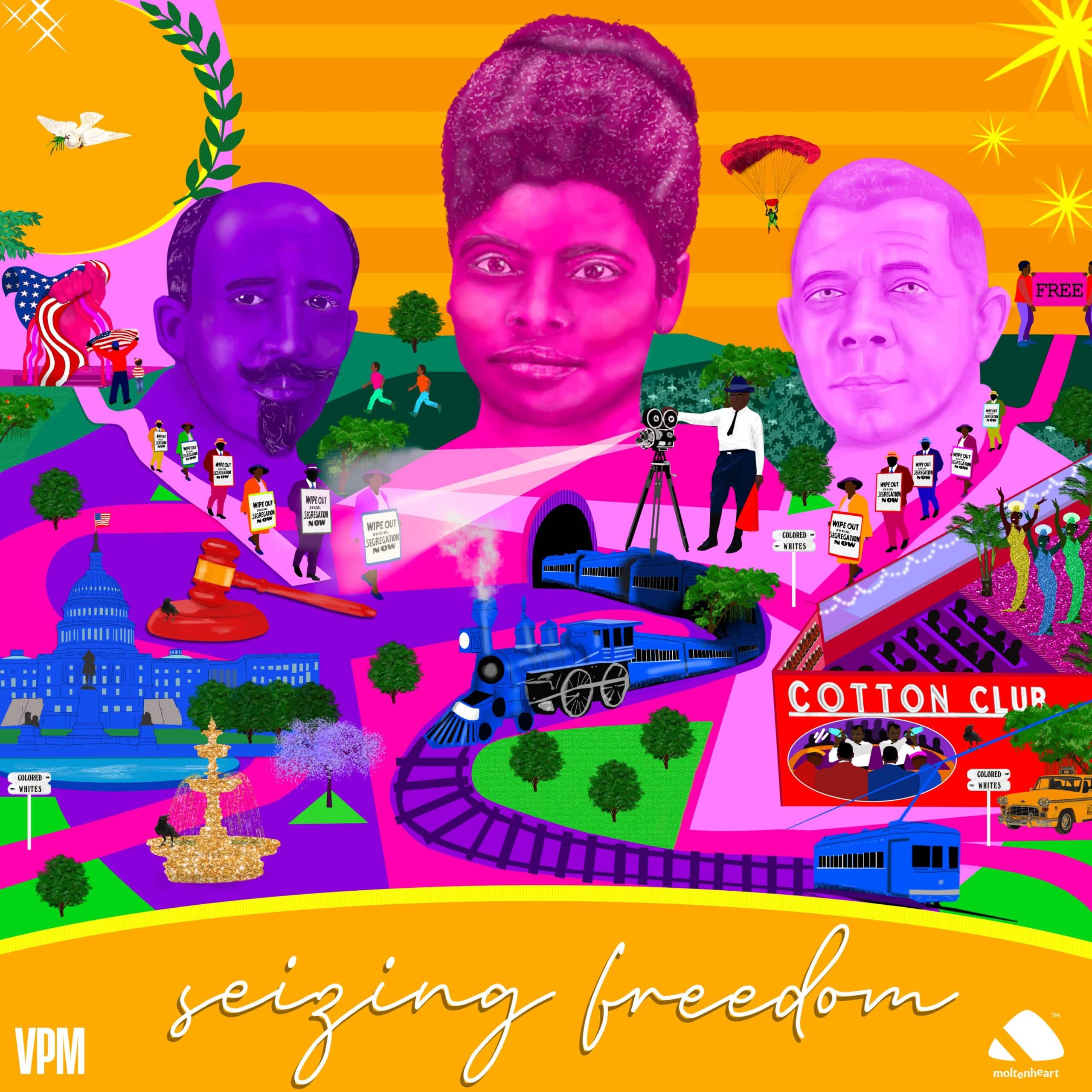
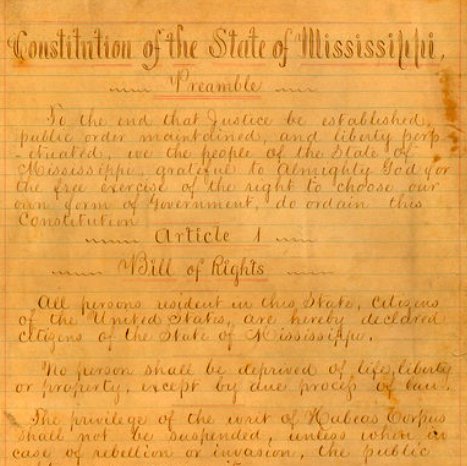
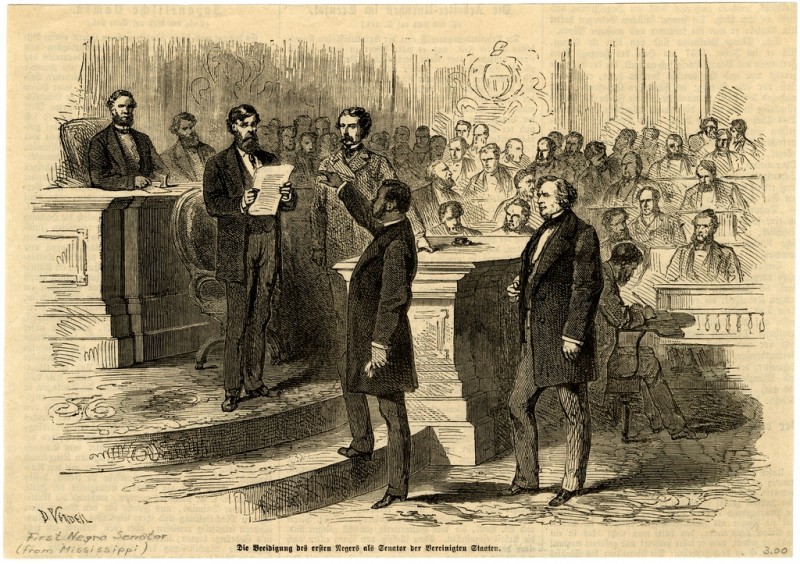
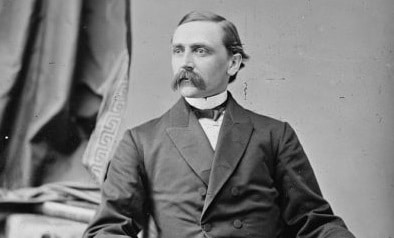
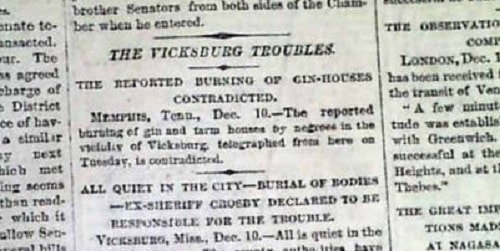
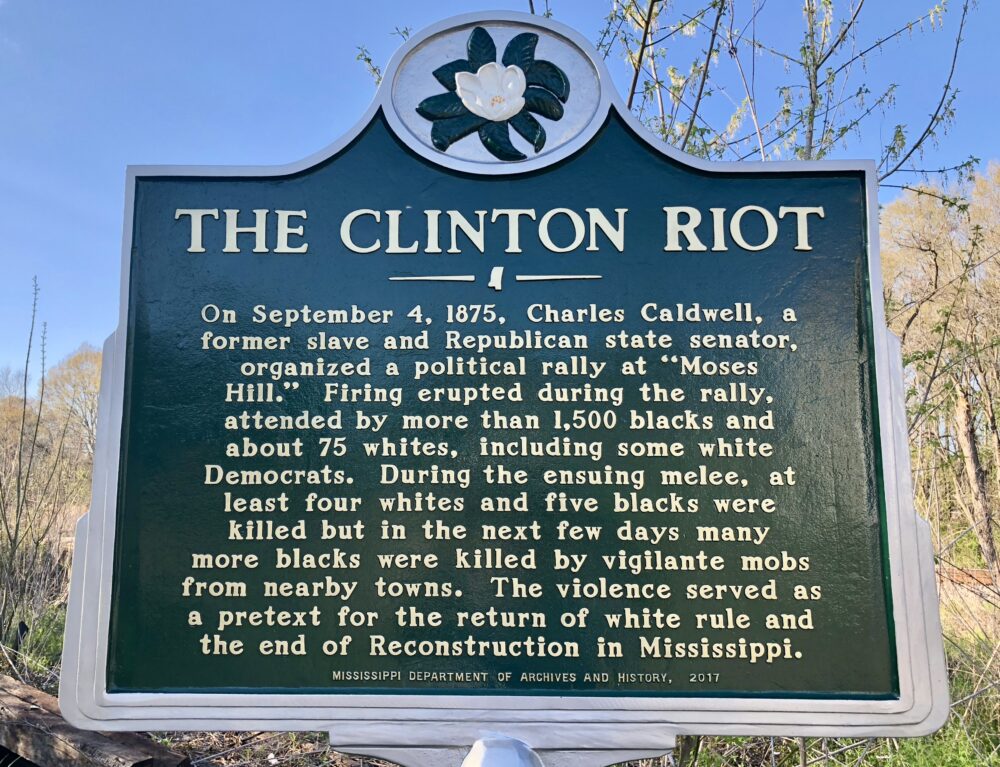





Twitter
Google plus
LinkedIn